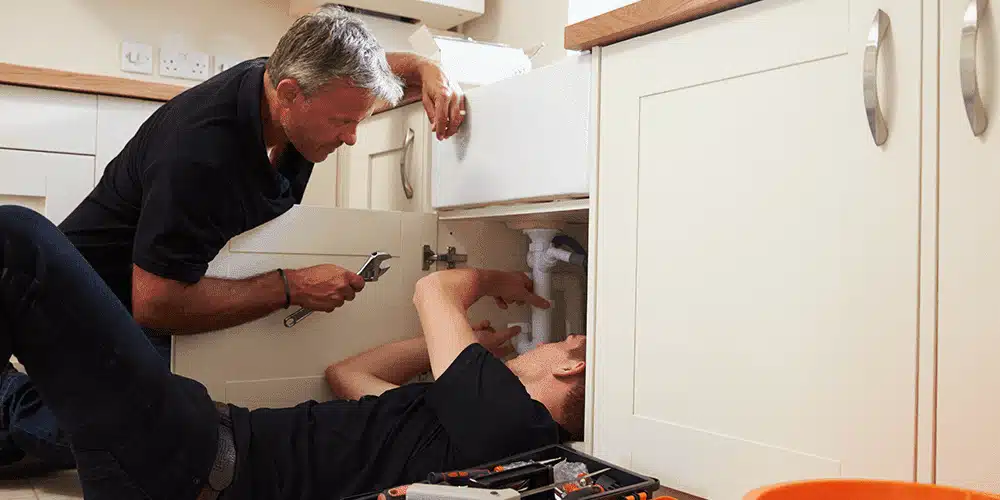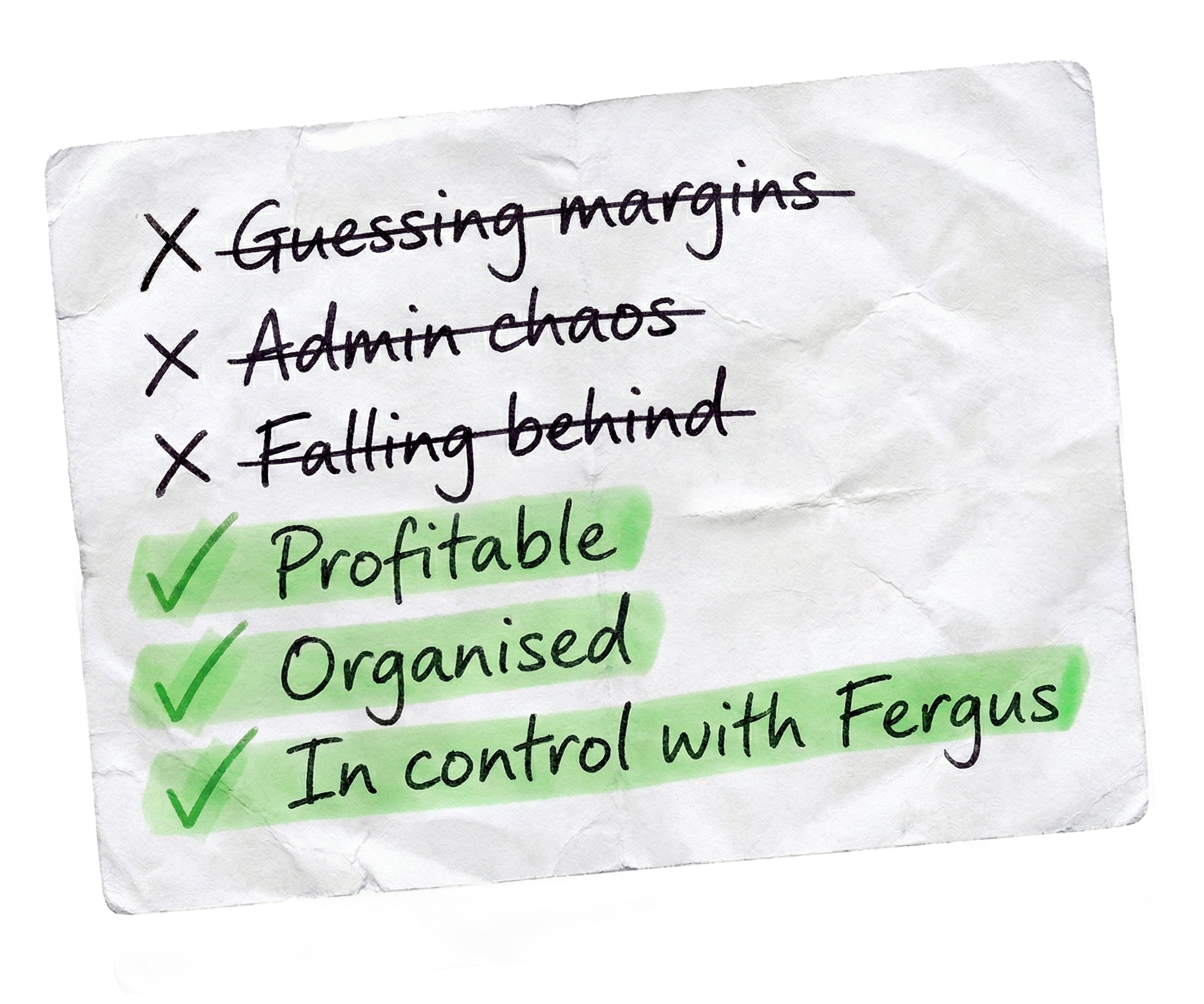
When was the last time you filled out a paper or PDF certificate of compliance for electrical work on the job site? It probably wasn’t the most challenging task, but you weren’t looking forward to filling it out and submitting it to multiple people.
If you’re doing a few of these jobs every week, that could be hours per month that you’re wasting on admin tasks instead of getting to the next job or knocking off a few minutes early on a Friday.
It can be a tedious part of any electrician’s job, but it’s an essential part of your job management because it ensures there’s evidence work was done properly. Despite the annoyance of filling out a certificate of compliance for every job, most electricians understand this is an important part of their work.
If you’re an electrician in New South Wales, you’re probably familiar with the NSW Certificate of Compliance for Electrical Work – CCEW for short. And, if you’re not familiar with it, it’s time to do some reading because failing to complete and submit the form can lead to hefty financial consequences.
A CCEW tells customers, electricity suppliers and regulators that electrical safety and compliance standards are met. It’s required for residential and commercial work, including new electrical installations, alterations or additions to existing installations that affect the distributor connection, or work done to the switchboard that increases the electrical load.
According to NSW Fair Trading, a CCEW must be submitted “within seven days of completing any safety and compliance test on an electrical installation.” Failing to submit a CCEW can result in severe penalties, including an on-the-spot of $1,000 each time a compliance certificate isn’t submitted correctly.
There are a few ways to submit your CCEW, each with its pros and cons. We’ve outlined the basics below to help you compare each option to determine which is best for you and your business.
You can order pads of paper forms online from electrical suppliers. Paper forms are an easy and inexpensive way to keep up with your compliance requirements – just throw the pad in the work van, and you’re ready to go when you need to fill one out.
But how annoying is writing on the steering wheel or against the side of the van when you’re on the job? If your handwriting looks like it belongs on a doctor’s prescription pad, you could also find yourself in hot water. Not only can you receive a fine for not submitting your certifications, but you can also receive one because of illegible handwriting.
The bottom line: paper forms might be the original tried and true method, but there must be a better way.
The more sophisticated cousin of the pad of paper, editable PDF CCEW forms can be downloaded for free from NSW Fair Trading. This is an easy option if you’re only doing one here or there; just download it when you have a job requiring certification.
There are a few downsides, though, mainly because you still have to fill in the same details multiple times, like your serial number and business information. A significant drawback is that they aren’t compatible with smartphones or tablets, meaning you’d have to take a laptop to the job site.
The bottom line: an improvement to pads of paper in the back of the van, but it still could be better.
As the old saying goes, if it’s not broken, don’t fix it, and paper and PDF forms certainly aren’t broken. But just because a system isn’t broken doesn’t mean it can’t be improved.
If you’re already using job management software, why not ditch the paper and PDFs for a solution built into your job software app?
An all-in-one solution is great when doing many certifications because it reduces your time on admin. You’ll save time using pre-filled forms, records will be auto-saved to the job for future reference, and you can easily send an electronic copy to the customer, NSW Fair Trading, and, if required, to the electricity supplier.
You’ll have peace of mind that if you need to refer back to your records, the documentation is available instantly within the job.
Digital Electrical Certificate of Compliance – NSW is a simple and efficient paid add-on to Fergus job management software and saves you time by
If you’re new to Fergus, you can try out the digital certifications when you start the 14-day free trial, and if you’re already a Fergus customer, you can find the add-on in the billing section of your portal.
The bottom line: if you can simplify your admin tasks and job management, then why not do it? Digital Electrical Certificate of Compliance with Fergus can save you hours every week and reduce the risks of non-compliance.
“…at the invoicing stage, I can complete the certificate through Fergus without having to stop and start and get into different locations to do the certificate, it can all be done through Fergus. I think that keeps things simple and efficient.”
Stop drowning in admin & paperwork. Start focusing on the jobs that make you money.



Our 20,000+ trades businesses have slashed their admin, are getting paid faster, and are finally enjoying their weekends again.






